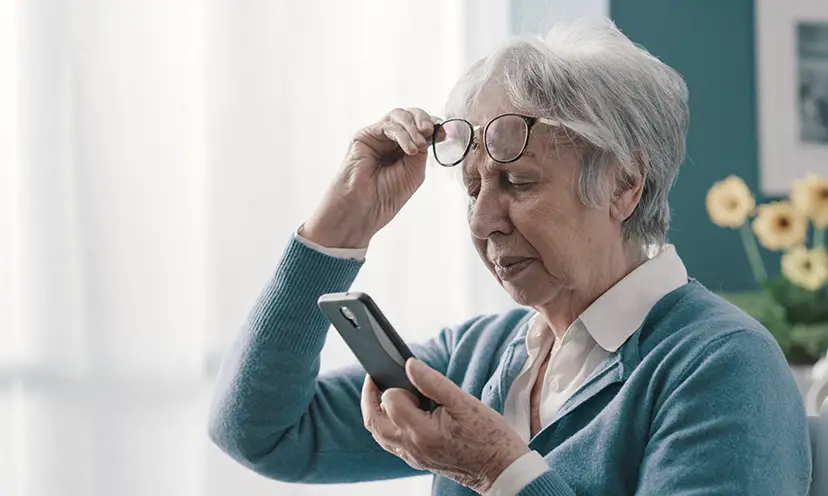If you’re wondering whether you still need colonoscopies after 65, you’re not alone! Many seniors think they can skip this important screening, but the truth is, it might be more important than ever. Let’s walk through what you need to know.
Why Colonoscopies Still Matter After 65
Colorectal cancer risk actually increases with age. About 90% of cases occur in people over 50, and the numbers climb higher in your 60s and 70s. The good news? When caught early, colorectal cancer has a 90% survival rate!
Your doctor will consider several factors when recommending continued screening:
- Your overall health and life expectancy
- Family history of colorectal cancer
- Previous colonoscopy results
- Other risk factors like inflammatory bowel disease

What’s Different About Colonoscopies for Seniors
The prep might feel harder as we age, but your medical team can help make it easier:
- Ask about split-dose prep (taking the solution in two parts instead of all at once)
- Stay close to a bathroom and consider using moistened wipes
- Drink plenty of clear liquids to prevent dehydration
- Some doctors may recommend shorter fasting periods for seniors
During the procedure, your medical team will monitor you extra carefully, paying special attention to your blood pressure and heart rhythm. The procedure itself hasn’t changed – you’ll still receive sedation and won’t remember anything!
When You Might Stop Screening
Current guidelines suggest that healthy adults can typically stop routine colonoscopies around age 75-80, depending on:
- Previous screening results (if your last few were normal)
- Your current health status
- Life expectancy (generally 10+ years to benefit from screening)
However, if you have a personal or family history of colorectal issues, your doctor may recommend continuing screenings beyond 75.

Making the Decision That’s Right for You
Talk openly with your doctor about your concerns. Consider asking:
- Based on my health, how likely am I to benefit from continued screening?
- Are there alternative screening methods that might work better for me?
- What are the risks versus benefits at my age?
Alternative Options to Consider
If a full colonoscopy feels too daunting, discuss these alternatives:
- Stool-based tests (like Cologuard) that you can do at home
- Flexible sigmoidoscopy (shorter, less invasive procedure)
- CT colonography (virtual colonoscopy)
Remember, the best screening test is the one you’ll actually complete! 🎯
Bottom line: Don’t assume you’re “too old” for a colonoscopy. This potentially life-saving screening could give you many more healthy years to enjoy with your loved ones. Have an honest conversation with your healthcare provider about what’s right for your situation.
Always consult with your doctor before making decisions about your healthcare screening schedule.





